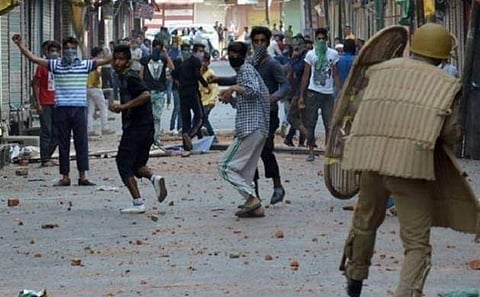

Article 370 of the Indian constitution gave autonomous status to the state of Jammu and Kashmir until a few hours ago. The article was drafted in Part XXI of the Constitution: Temporary, Transitional and Special Provisions. The NDA government scrapped it through a presidential order which helped them bypass the need for a two-thirds majority in Parliament.
Why has the government sought to revoke Article 370?
A: Because Article 370 of the Constitution extended temporary provisions to Jammu and Kashmir and gave it special autonomy unlike other states of the Indian Union.
B: The special provision to Jammu and Kashmir also ensured that Article 238 of the Constitution, which was omitted in 1956 when states were reorganised, will not be applicable to the state.
C: In 1949, Article 370 was drafted by Gopalaswami Ayyangar, a minister without portfolio in Nehru's cabinet, in Amendment of the Constitution section, in Part XXI, under Temporary and Transitional Provisions.
D: On March 5 1948, the original draft explained: "the Government of the State means the person during that time recognised by the President -i.e. the Maharaja of Kashmir who was acting on the advice of the Council of Ministers".
E: On November 15, 1952, it was changed to the 'Government of the State' -- meaning the person for the time being recognised by the President on the recommendation of the Legislative Assembly of the State as the Sadr-i-Riyasat (Governor) of the state.
Article 370 gave the following rights to residents of J&K